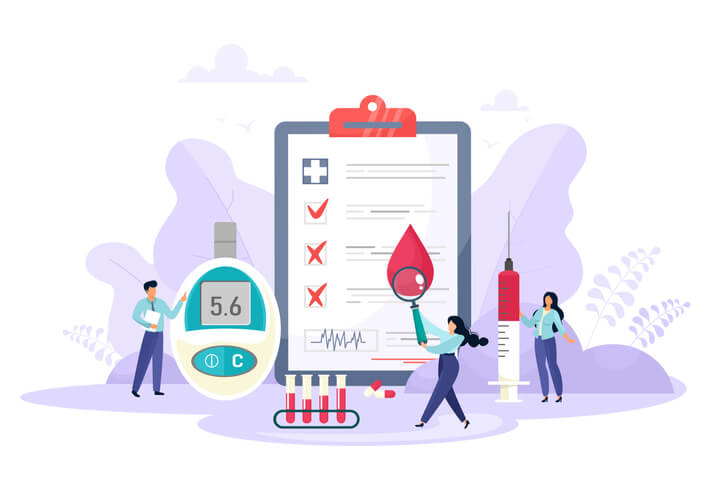Major breakthrough in diabetes: Special neuronal cells that affect type 2 diabetes

Diabetes: Scientists Identify Specific Neuronal Cells Responsible for the Development of Type 2 Diabetes
Disease is almost never just in your head. In a recent study published in the international journal Diabetes, scientists from Texas Tech University and other institutions have found that a special class of neurons in the brain may play a key role in the development of type 2 diabetes.
In 2014, researcher Professor Andrew Shin began studying how the human body regulates the function of Branched-chain Amino Acids (BCAAs), essential amino acids that produce energy from human food and the neurotransmitters needed for the brain to function; however, recent studies have shown that having too many BCAAs in the blood is actually not a good thing.
Obese and type 2 diabetic individuals tend to have higher levels of BCAAs in their blood, and in fact, higher levels of BCAAs in people of all ages and races, meaning that blood levels of BCAAs can be used as an early marker to indicate type 2 diabetes risk; furthermore, BCAA supplementation can lead to the development of insulin tolerance and can cause abnormally high glucose levels in the body, which in short, can induce type 2 diabetes.
Based on the results of earlier studies, researchers Shin et al. sought to understand why blood levels of BCAAs are elevated and what the molecular mechanisms behind them are. In this study, the researchers identified an agouti related protein neurons in a specific region of the brain called the medial basal hypothalamus, which is responsible for controlling the levels of BCAAs in the blood. The findings in this paper are significant because they could help scientists better understand how BCAAs are controlled in the blood and why their levels are elevated and involved in the elevation of blood glucose in patients with obesity or type 2 diabetes.
The researchers believe that if they can elucidate the mechanisms by which BCAAs are properly regulated in the body, they may be able to discover which part of the mechanistic pathway is at fault in the obese or type 2 diabetic body, which could eventually lead to the development of dietary or pharmacological interventions to maintain lower BCAA levels in the body's blood; in the future, the researchers hope to help treat patients who are insulin-resistant and susceptible to type 2 diabetes. The researchers hope to help treat patients who are insulin-resistant and susceptible to type 2 diabetes in the future. The researchers also cautioned that the latest scientific research will also lead to a greater understanding of how BCAAs are physiologically regulated, but this may take a long way to go.
Finally, the researchers say, we will continue to investigate further to see if other neuronal types are involved and what other key neural connections are needed.



